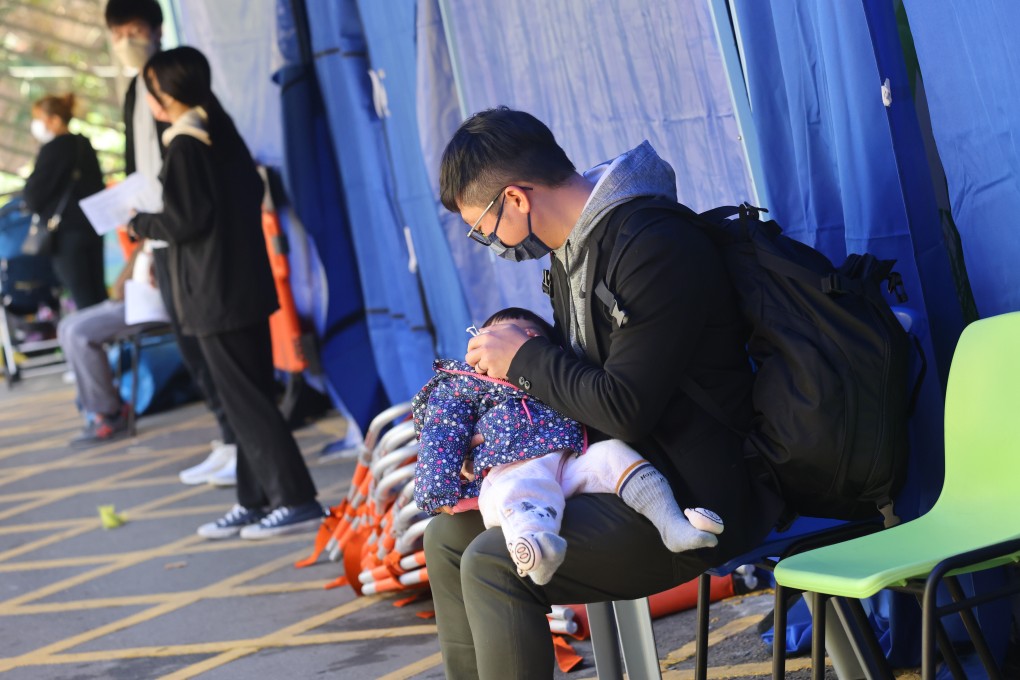Opinion | Hong Kong’s overwhelmed hospitals show up urgent gaps in primary health care
- A better system is needed for private-sector GPs and family doctors in the community to share the burden of non-urgent patients with the Hospital Authority – and to prevent the health care system from coming under similar strain in the future

While the priority should be to win the city’s war on Covid-19, the needs of patients wait-listed for non-urgent services and of chronic disease patients requiring regular follow-up care cannot be ignored.
Temporary and emergency solutions have emerged, with the talk of the town being the new-found reliance on private sector services, including the creation of public-private partnership programmes to offer services paused in the public sector.
We are facing the consequences of failing to institute community-based primary health care efforts such as disease prevention and early identification and management, efforts that would have helped to sustain the health of the public when resources are under strain.
The private sector is responsible for providing roughly 70 per cent of Hong Kong’s primary care services. But given the high quality and low cost in the public sector, Hongkongers with low income and a lack of insurance or funds are deterred from accessing private primary care services outside specialist and hospital settings.

